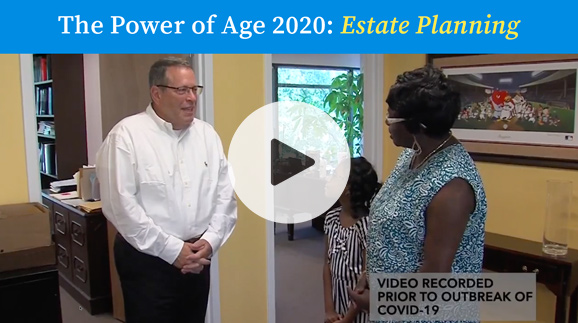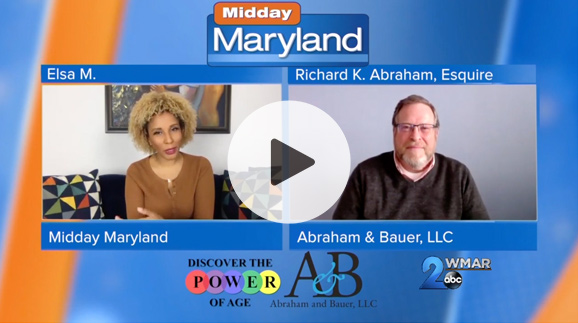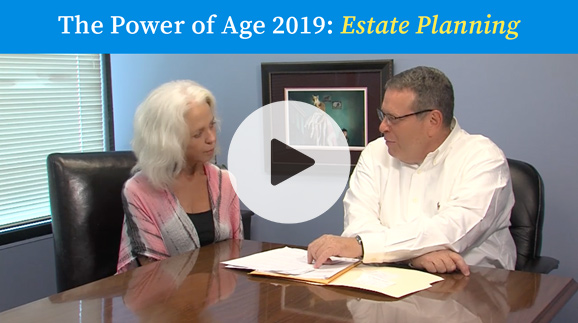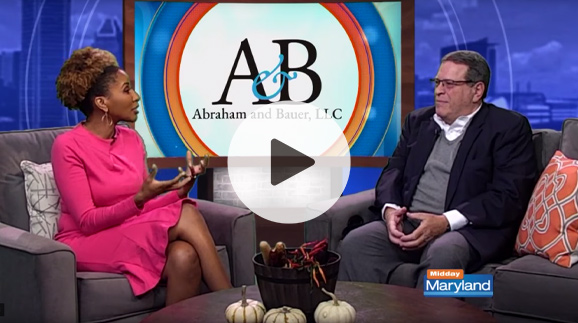Estate Planning
Advance Healthcare Directives, Wills, Power of Attorneys, Trusts, and Special Needs Planning
Estate planning documents are essential if you wish to protect your assets & loved ones.
Whether you are deciding who should make health care-related decisions on your behalf, inherit your real estate property, or manage your financial assets, proper estate planning is vital. You will need legal documentation to make certain that your wishes and goals are respected.

Most of these documents are about life, not death. Of course, they’re still about planning for an unwanted event, but like insurance, you don’t always need it, but when you do, you’ll be glad you have it. If you have any questions about estate planning or to get started creating yours, contact The Law Office of Richard K. Abraham today.
Learn more about estate planning from Mr. Abraham:
More than 50% of people don’t have the basic estate planning documents they need. This puts them and their loved ones at great risk.
If you have some planning in place, we can make sure it’s up-to-date.
Advance Healthcare Directives (AHCD)
An Advanced Health Care Directive combines two concepts into one document. It appoints a healthcare power of attorney (agent) to make health care decisions for the Grantor, if he or she becomes disabled. It also provides instructions given by the Grantor to specify end-of-life decisions.
It is important to remember that so long as the Grantor is mentally competent they maintain the right to make all personal health care decisions including the refusal or discontinuation of treatment.
Should the Grantor become disabled in the future, an Advanced Healthcare Directive will generally prevent court intervention when properly drafted and followed.

Power of Attorney (POA)
A power of attorney (POA) is a written document where a Grantor authorizes another individual to act as their financial agent. POA’s can be limited in scope and duration, but should the Grantor become disabled in the future, a power of attorney — when properly drafted and adhered to — will normally prevent court intervention.
When appointing a Power of Attorney, it is imperative that you trust that individual because the document will allow your agent carte blanche to manage all of your financial affairs.

Last Will & Testament
In Maryland, a will must be a written document. Wills control assets titled solely in the Decedent’s name, which may not designate a beneficiary. Assets that are co-owned, or that name a beneficiary, are distributed to those persons outside of probate.
The other requirements for a valid will are that the person signing the document is mentally competent and over 18 years of age. It must be signed in the presence of two witnesses who also sign it in its owner’s presence. A will takes effect only at your death, and prior to that time it serves merely to show intent.
Wills should:
- Name your executor(s), guardian(s) for minor children, and/or trustee(s)
- Detail your funeral burial/cremation decisions
- In particular circumstances, create trusts for children or other purposes such as tax planning
- List specific bequests when desired
- Avoid distribution under intestacy by stating who inherits, what they inherit and when they inherit from your estate

Maryland Medical Orders for Life-Sustaining Treatment (MOLST)
A MOLST expresses the care you wish to receive or have withheld in a life limiting situation. In Maryland, a Medical Orders for Life-Sustaining Treatment (MOLST) form is a document that replaces the Maryland Do Not Resuscitate (DNR) form.
Is a MOLST different than an Advance Health Care Directive?
An AHCD contains instructions about future hypothetical healthcare situations. A MOLST Order documents a patient’s wishes relevant to their current healthcare conditions and needs. The goal of a MOLST form is to provide as many clear and concise healthcare options as possible. Patients are presented health care situations and potential treatments. They are asked to check which treatments they would like to receive or have withheld in those specific situations.

Trusts
A trust is a written document which creates an asset holding entity for the benefit of someone or something. Trusts are generally created while the Grantor is alive, or by the means of the person’s estate plan.
Some trusts are effective while the Grantor is alive, and others take effect at the time of the death. The trust is governed by the terms under which it was created. The person or entity who holds legal title or interest, and who has the responsibility to manage the assets and distribute the income or assets, is called the Trustee.
There are numerous reasons to create a trust including second marriages, the prevention of probate or ancillary probate, to prevent or minimize death taxes, to manage assets on behalf of children until they attain a certain stated age, to maintain and care for pets, and to allow a disabled person to maintain government benefits.
Different types of trusts include:
- Revocable Living Trusts
- Irrevocable Life Insurance Trust
- Special Needs Trust
- Trusts for Minors
- Pet Trust

Special Needs Planning
LEARN MORE
- Reasons to Create an Estate Plan Now vs. LaterHave you ever said or overheard someone else say I do not need a Will, Power of Attorney or Advance Care Directive? By not engaging in estate planning you are allowing laws enacted by the legislature to make your decisions.
- Having the Talk: Share Your Estate Plan With Your FamilyBecause “the talk” involves not one but two things we’re often uncomfortable discussing – money and death – many of us put it off or never have it at all, and that’s a mistake. Making your expectations clear can help your heirs to avert a good deal of discord, or even litigation, after you’re gone.
- Estate Planning for Your Minor ChildrenFailing to name guardians for your children in your will can lead to custody issues that could easily have been avoided by simply taking the time to decide who you want to take care of your minor children in the event of your death.




